Foreign capital to thaw property freeze
 Savills Vietnam and Savills Japan recently jointly held a workshop to introduce investment opportunities into Vietnamese properties in Tokyo, while Savills Vietnam will make a foray into some other Asian markets like South Korea, Hong Kong and Taiwan in the coming time.
Savills Vietnam and Savills Japan recently jointly held a workshop to introduce investment opportunities into Vietnamese properties in Tokyo, while Savills Vietnam will make a foray into some other Asian markets like South Korea, Hong Kong and Taiwan in the coming time.
According to Savills Vietnam investment director Su Ngoc Khuong, 20 projects were presented in Japan including residential block, office building and trade centre segments concentrated in Hanoi, Ho Chi Minh City, Nha Trang and Binh Duong.
“It is now a time a number of investment funds terminate operations and source extra capital sources to establish new ones, meanwhile scores of capital-strapped local property firms resort to distribution agents like Savills and CBRE to help them woo foreign capital,” said Khuong.
Unlike these firm, Phu Cuong Group Joint Stock Company, based in Mekong Delta Kien Giang province, acts on its own to lure foreign investment into its projects.
The group’s representative Nguyen Phi Son said the group focused on seeking investors for its Phu Cuong sea-encroached urban area over 168 hectares in Kien Giang province’s Rach Gia city.
“Looking for foreign capital emerges as a viable option to capital-thirsty local property firms because besides to strong finance, foreign investors have a wealth of experience in project development,” said Son.
Recently, CotecLand reportedly clinched a strategic cooperative contract with Japan’s leading property group TamaHome.
Ben Thanh Property director Hoang Cao Tri revealed his firm wanted to team up with healthy foreign financial partners for its rich portfolio of 10 property projects.
“The company does not limit investment cooperation models with potential foreign partners,” said Tri.
Local property firms stepped up efforts to lure foreign capital to settle their capital bottlenecks in the context the State Bank has recently partly loosened credit regulations towards property projects.
| Under central bank’s Official Document No 844 in late November 2011, loans for repairing and purchasing houses using salaries and wages of borrowers to repay, loans to complete housing development projects for handover or putting into operation before January 1, 2012 as well as loans for housing projects for lease and sale, or accommodation for low income earners in industrial and export processing zones and economic zones will be excluded from “non-production credit” conditions. |
What the stars mean:
★ Poor ★ ★ Promising ★★★ Good ★★★★ Very good ★★★★★ Exceptional
Related Contents
Latest News
More News
- Trump's trade policies could shape Vietnam's economic outlook: Dragon Capital (November 15, 2024 | 16:56)
- The One Destination partners with Singapore investor and institutional fund to build ESG real estate complex (November 11, 2024 | 10:32)
- Stabilising measures must sit alongside land price hikes (November 07, 2024 | 09:56)
- CapitaLand Development records strong bookings for Orchard Hill (November 07, 2024 | 08:19)
- Public transport and real estate: The rise of Transit Oriented Development (November 05, 2024 | 15:06)
- Funding flows to second-tier localities (November 03, 2024 | 15:24)
- Hanoi has long road to travel in becoming a smart city (November 03, 2024 | 15:00)
- Nam Long Group hands over keys to Akari City Phase 2 (October 30, 2024 | 18:29)
- KTG Industrial expands industrial footprint at Taitronics 2024 (October 29, 2024 | 14:46)
- Deal signed for sustainable development at Prodezi Eco-Industrial Park (October 26, 2024 | 10:02)




 Tag:
Tag: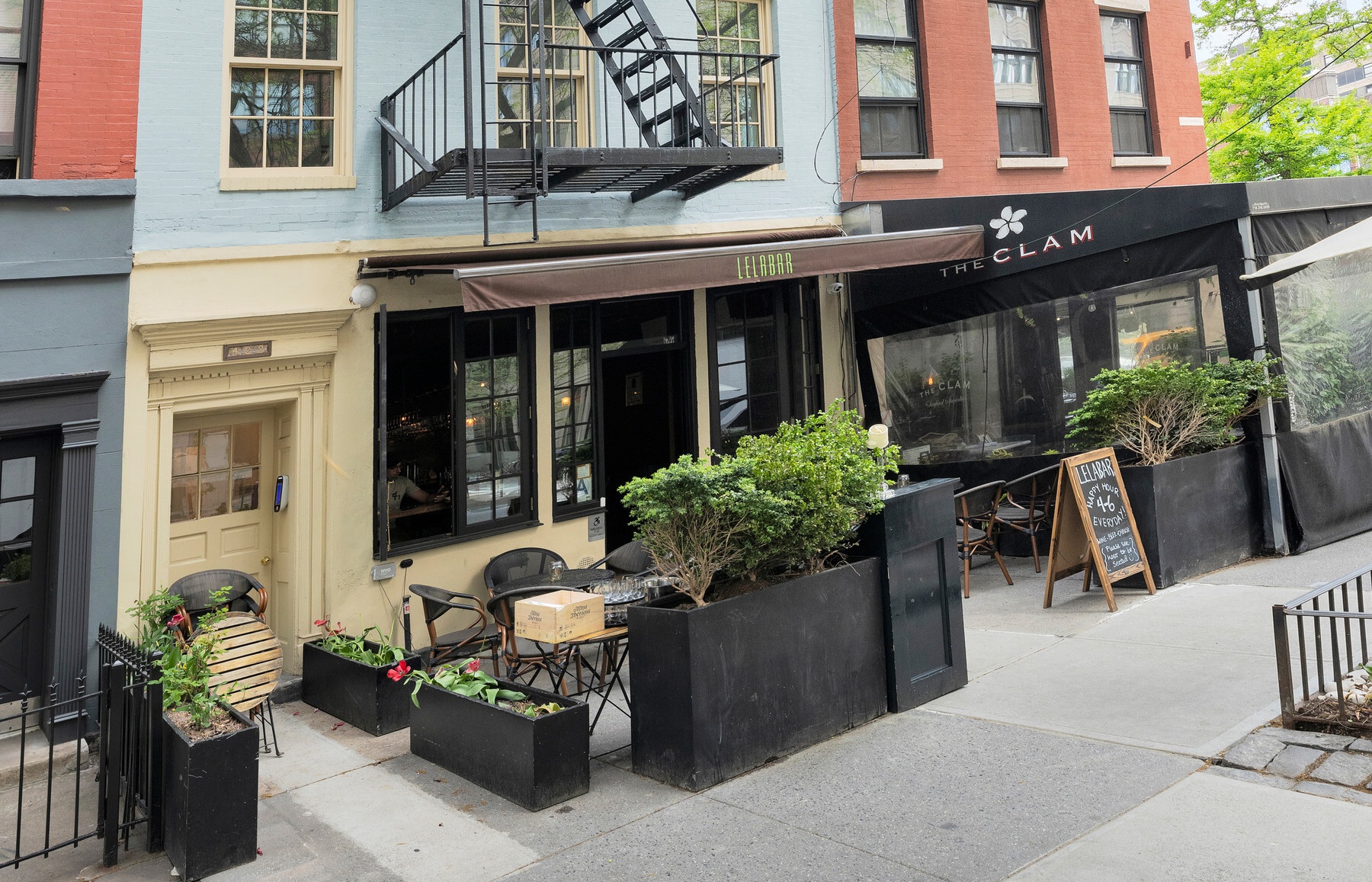


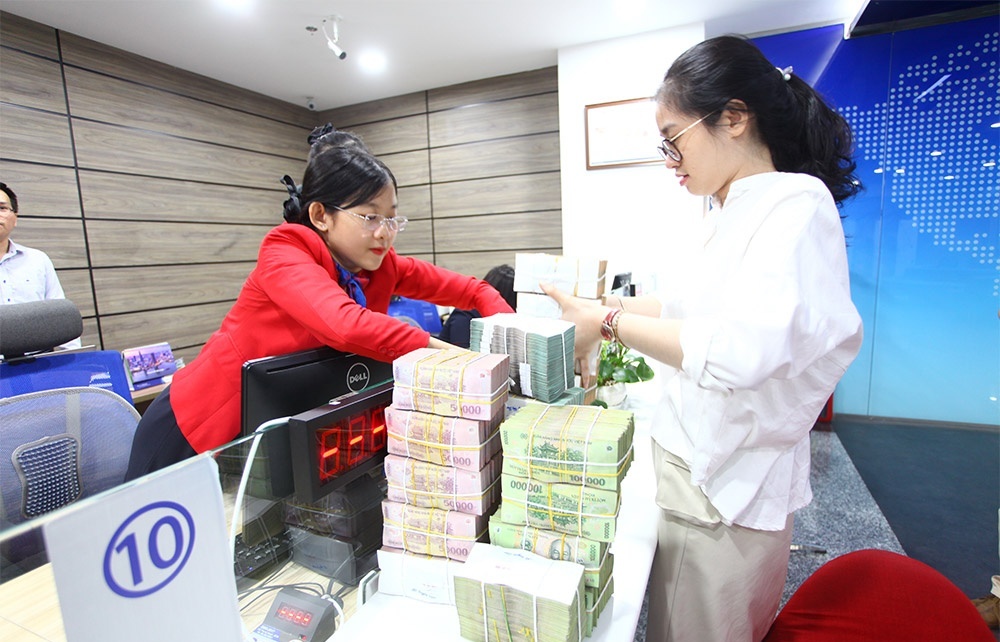
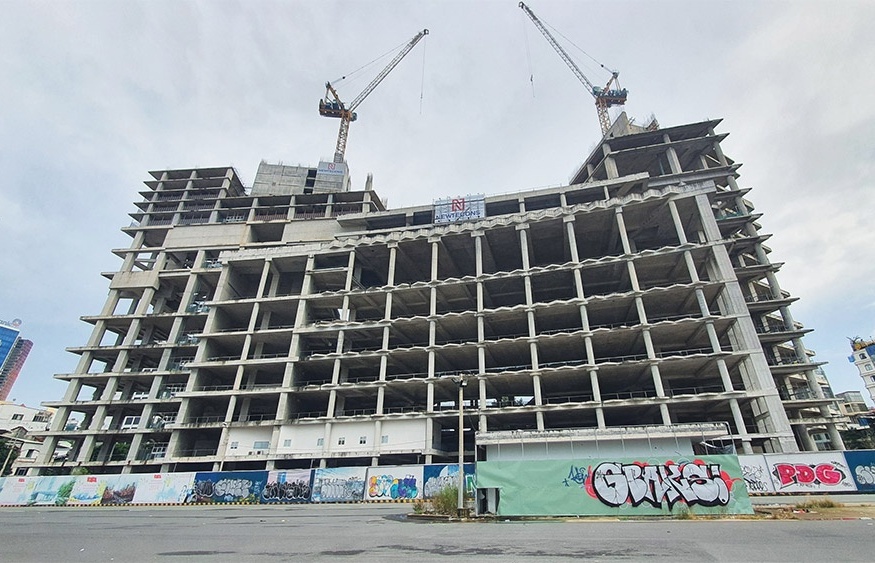
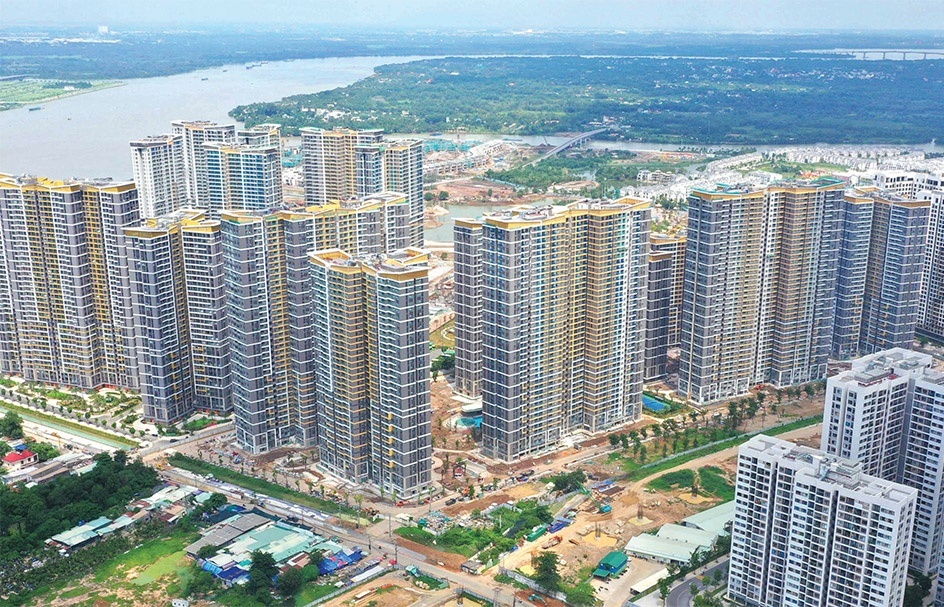
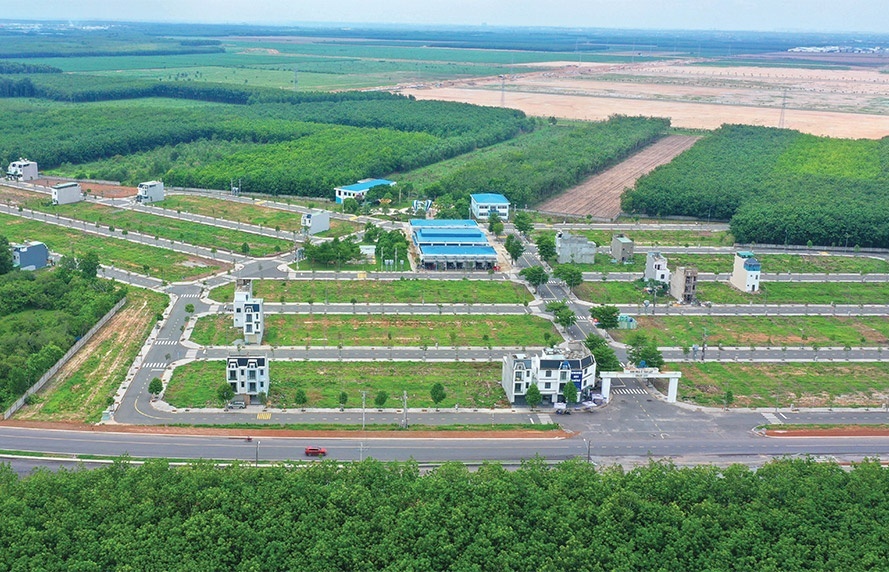



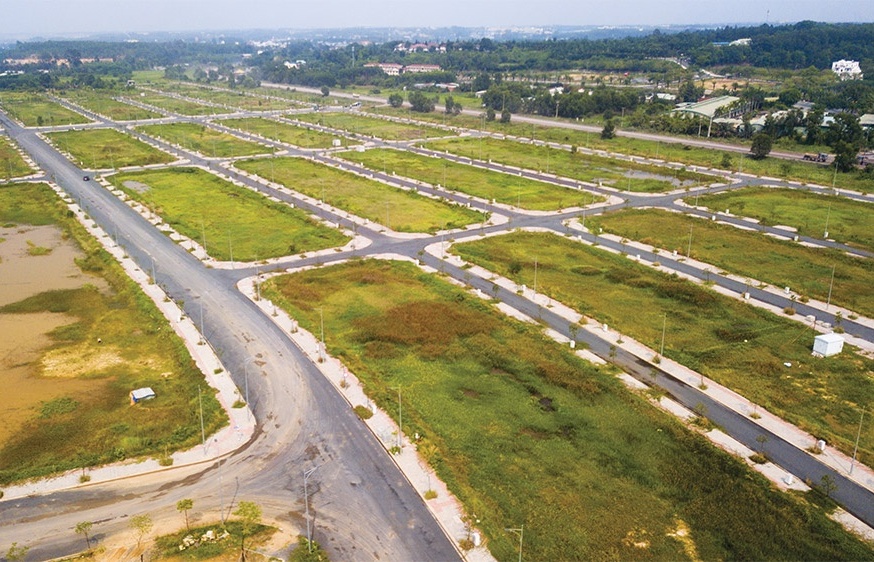
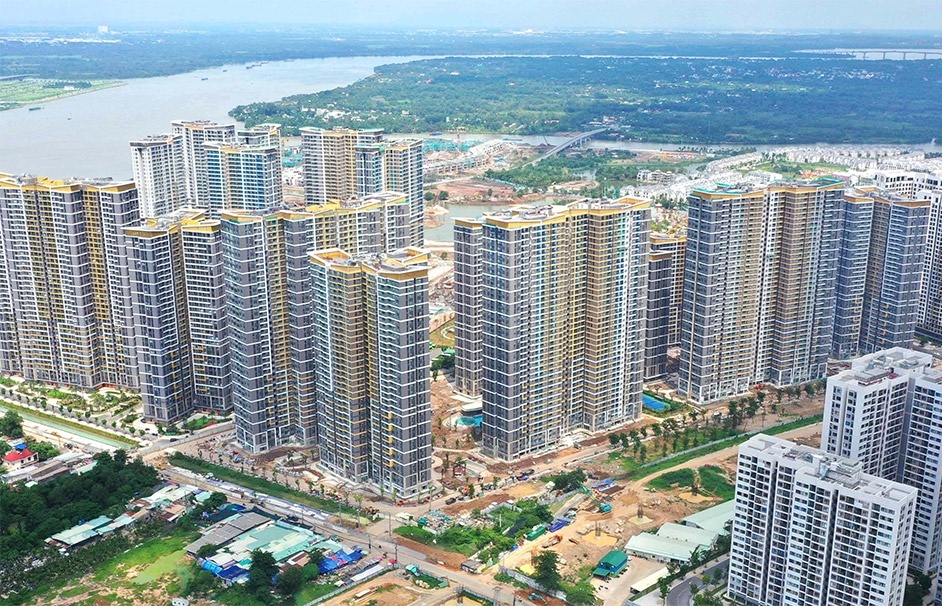









 Mobile Version
Mobile Version